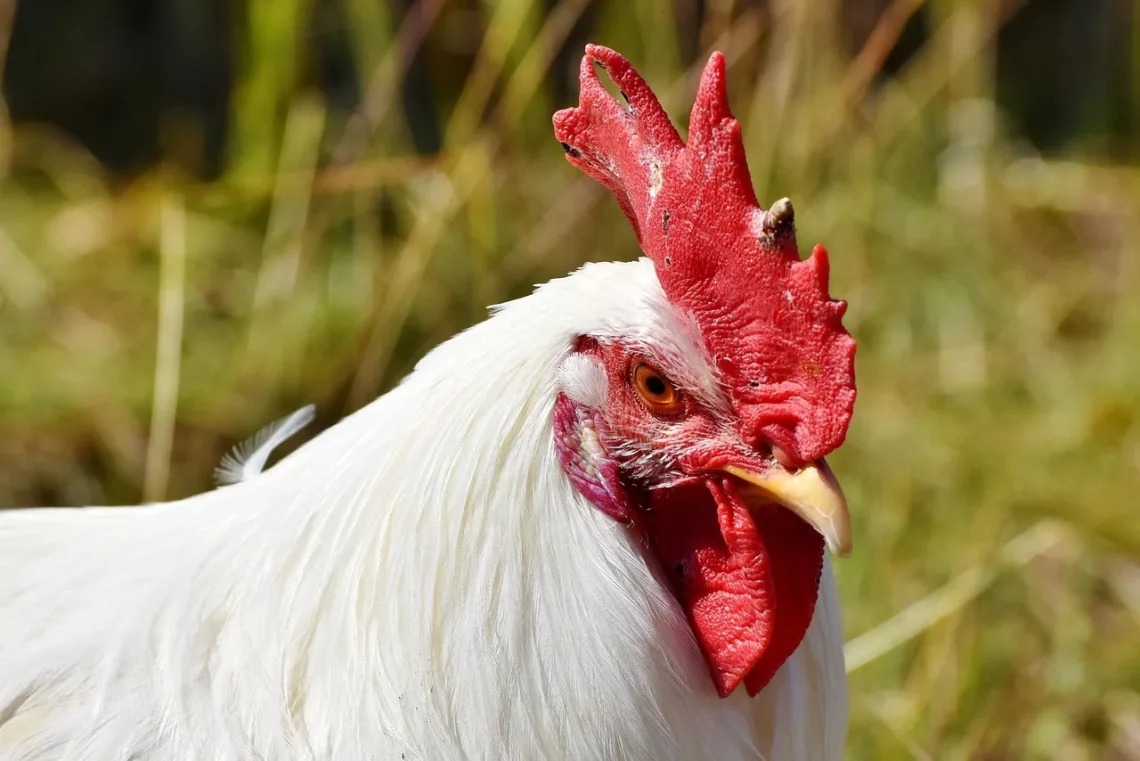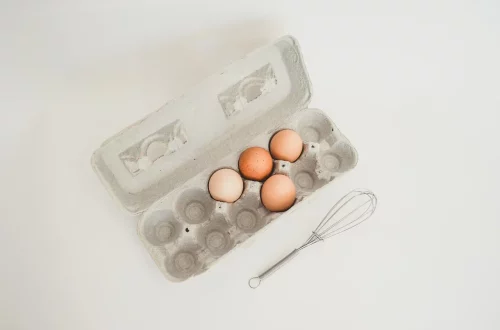
How Long Can Chickens Survive Without Food and Water?
Chickens are remarkable creatures, known not only for their role in agriculture but also for their fascinating behaviors and social structures. These domesticated birds have been companions to humans for thousands of years, providing not just sustenance but also a unique window into animal husbandry practices. Understanding their needs, particularly when it comes to food and water, is crucial for ensuring their health and well-being. Like all living beings, chickens depend heavily on these basic resources for survival.
The extent to which chickens can endure without food and water is influenced by various factors, including their age, breed, health, and environmental conditions. As omnivores, chickens can forage for a wide range of foods, but without regular access to their necessities, they face significant risks. Dehydration and starvation can set in rapidly, leading to serious health issues or even death. This raises critical questions for poultry keepers and enthusiasts alike: How long can these birds actually survive without nourishment?
In the following sections, we will delve deeper into the survival limits of chickens without food and water, exploring the physiological aspects that affect their endurance, the signs of distress to look for, and practical tips for ensuring their well-being. This knowledge is not only essential for poultry owners but also for those interested in animal welfare and sustainable farming practices.
Understanding the Physiological Needs of Chickens
Chickens, like all animals, have specific physiological needs that must be met to maintain their health and vitality. These needs are primarily centered around food and water, which are crucial for their metabolism, growth, and overall functionality. Water, in particular, plays an integral role in numerous bodily functions, including temperature regulation, digestion, and nutrient absorption.
Chickens require a consistent supply of clean water. In general, they need to drink about one cup of water daily, although this can vary depending on factors such as temperature and humidity. In hotter climates, chickens may require even more hydration to keep cool and prevent overheating. Without water, a chicken can become dehydrated within just a few hours, leading to severe health complications.
Similarly, food is essential for providing the necessary energy and nutrients chickens need to thrive. A balanced diet typically consists of grains, protein sources, vegetables, and minerals. The absence of food can lead to malnutrition, which in turn can weaken the immune system and make chickens more susceptible to diseases. Although chickens can survive longer without food than without water, the timeline is still distressingly short.
In environments where food and water are scarce, chickens exhibit several behavioral changes. They may become lethargic, less active, or even aggressive as competition for resources intensifies. Understanding these physiological needs is vital for anyone raising chickens, as it allows for better management practices and ensures a healthier flock.
How Long Can Chickens Survive Without Water?
When it comes to survival, water is of paramount importance. For chickens, the general consensus is that they can survive without water for approximately 24 to 48 hours, depending on various factors such as age, health, and environmental conditions. Young chicks may be more vulnerable, as their bodies are still developing and they have higher hydration needs compared to adult chickens.
Dehydration begins to set in quickly when chickens do not have access to water. Signs of dehydration include increased panting, drooping wings, and lethargy. As dehydration progresses, chickens can experience severe health issues such as kidney failure. It’s crucial for poultry owners to monitor water availability, especially during hot weather or when chickens are under stress from transport or other changes in their environment.
To ensure that chickens have enough water, it’s essential to provide them with clean and fresh water daily. Water containers should be regularly cleaned to prevent algae growth and contamination. Additionally, during extreme weather conditions, such as heatwaves, extra care should be taken to ensure that water supplies are plentiful and easily accessible.
In some cases, chickens may instinctively reduce their activity levels to conserve water, but this behavior is not a sustainable solution. Regular access to hydration is vital for maintaining their health and productivity. Therefore, understanding the importance of water and the consequences of its absence is fundamental for any chicken keeper.
Survival Without Food: What to Expect
While chickens can survive longer without food than without water, the duration is still limited. On average, chickens can go without food for about three to five days, depending on their health, age, and environmental factors. However, this does not mean that they will remain healthy during this time. The effects of starvation can be severe and irreversible.
In the initial days without food, chickens may exhibit signs of distress, including decreased energy levels, a lack of interest in their surroundings, and changes in vocalizations. As starvation progresses, chickens will start to lose weight rapidly, their feathers may become dull and unkempt, and they may even become aggressive as they compete for limited resources.
Beyond the physical signs, the mental and emotional well-being of chickens is also affected by food scarcity. Chickens are social animals that thrive on interaction with their flock. When deprived of food, their natural behaviors can become altered, leading to stress and anxiety. This can create a vicious cycle where stress further exacerbates their physical condition.
To prevent situations where chickens go without food, it is crucial to maintain a consistent feeding schedule and ensure that feed is always available. If there are disruptions, such as during travel or adverse weather conditions, having a backup plan in place can help mitigate the risks associated with food scarcity.
Regular health checks can also help identify any potential issues before they escalate. Being proactive in managing the dietary needs of chickens is key to ensuring their longevity and overall well-being.
Recognizing Signs of Distress in Chickens
Understanding the signs of distress in chickens is essential for any poultry owner. Recognizing these signs early can make a significant difference in the health and survival of your flock. Stress and discomfort can manifest in various ways, and being aware of what to look for can help in taking timely action.
One of the first signs of distress is changes in behavior. Chickens that are typically social and active may become withdrawn or lethargic. If you notice that your chickens are not interacting with each other or are isolating themselves, this could be a sign that something is wrong. Additionally, changes in vocalizations can indicate distress; for instance, excessive squawking or unusual sounds might suggest that a chicken is in discomfort.
Physical signs are equally important to observe. A sudden drop in weight, dull feathers, or a decrease in egg production can all be indicators of health issues. If a chicken is experiencing dehydration, you may notice sunken eyes or dry mucous membranes. In cases of starvation, you may see a pronounced keel bone, indicating significant weight loss.
Monitoring your flock regularly can help you catch these signs early. Keeping a close eye on their eating and drinking habits is crucial, as changes in these behaviors can provide insight into their overall health. Regular health checks and maintaining a clean living environment can go a long way in preventing distress among chickens.
In conclusion, understanding how long chickens can survive without food and water is vital for their care and management. By recognizing the signs of distress and ensuring that their basic needs are met, poultry owners can foster a healthier and more productive flock.
**Disclaimer:** This article is for informational purposes only and does not constitute medical advice. For any health-related issues concerning your chickens, please consult a veterinarian.




